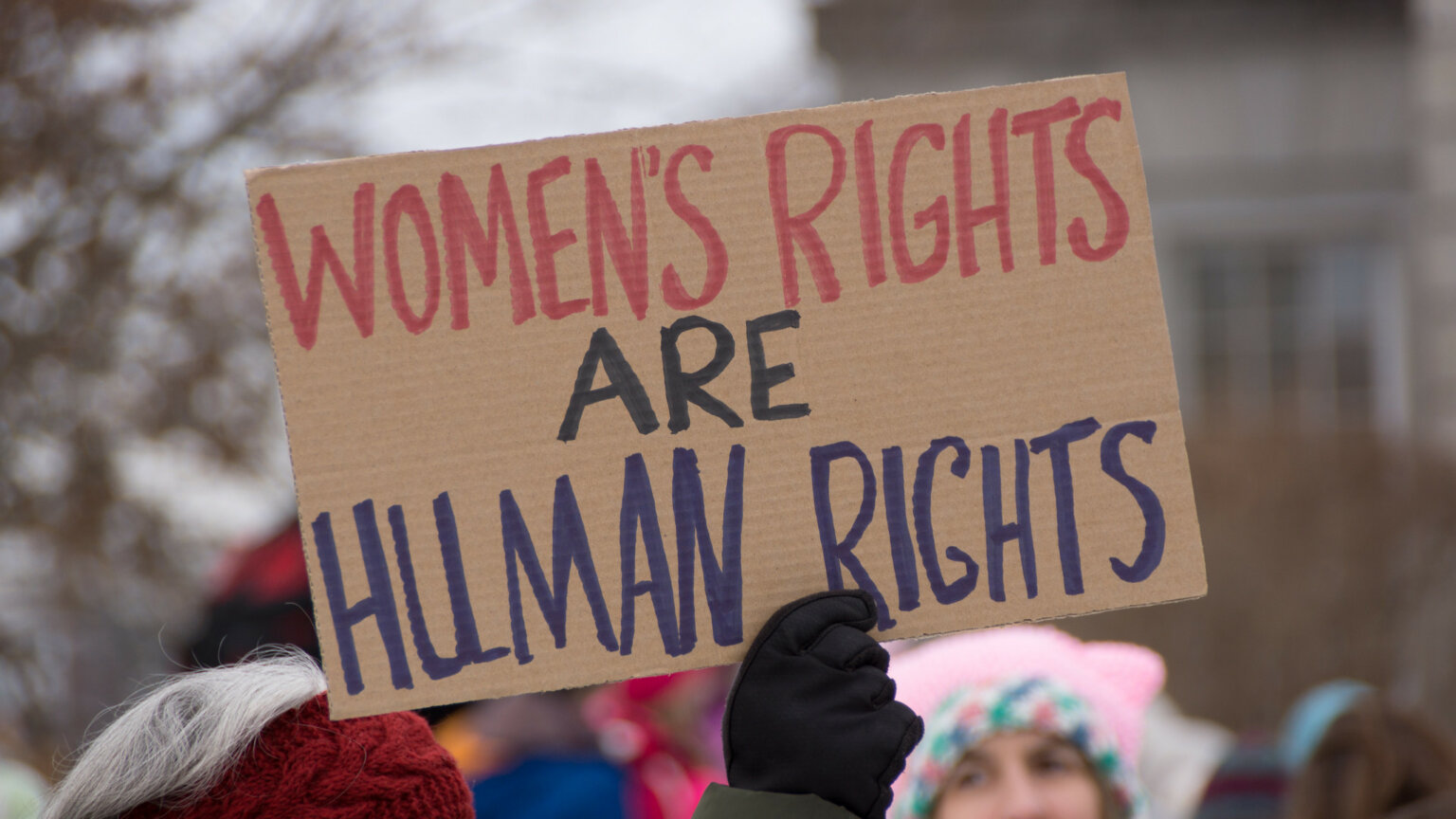- About
- Topics
- Story
- In-Depth
- Picks
- Opinion
- News
- Donate
- Signup for our newsletterOur Editors' Best Picks.Send
Read, Debate: Engage.
| July 17, 2021 | |
|---|---|
| topic: | Human Trafficking |
| tags: | #Nigeria, #Boko Haram, #kidnapping, #education |
| located: | Nigeria |
| by: | Bob Koigi |
It is a trend that has been inspired by the 2014 kidnapping of the 276 Chibok girls by the militant Islamist group Boko Haram, which sparked a global outcry and birthed the Bring Back Our Girls movement.
And while a bulk of the girls have already been released, following what is believed to have been negotiations that included payment of ransom, over 100 girls remain missing.
Emboldened by the payoffs, a new breed of criminal gangs locally referred to as bandits have taken the most populous African nation hostage, targeting schools, ordinary citizens and the rich.
But while the Boko Haram kidnappings were driven by ideology, that of opposing Western education and culture, the new wave is purely about business, and has been attributed to a cocktail of factors ranging from runaway unemployment and proliferation of small arms to a collapsing economy - as the continent’s largest oil producer grapples with recession - and competition for scarce resources with climate change taking a toll on livelihoods. The bandits, a bulk of them young people, are looking for means of survival.
Between June 2011 and March 2020, an estimated $18.34 million was paid as ransom to kidnappers, with about $11 million being paid out between 2016 and March 2020; this points to the booming business that kidnappings have become according to The Economics of the Kidnap Industry in Nigeria report released by SBM Intel an African geopolitical research firm.
“The states with the highest number of fatalities are in the North, and they all have existing ongoing violence from other sources in common,” notes the report. “It would appear that such existing violence has made the kidnaps much deadlier in these places. Our conclusion is that where existing violence and/or historic violent norms have devalued human lives, crimes such as kidnapping tend to result in more fatalities.”
While kidnappings have taken place in many parts of the country, they have been more concentrated in the North Eastern area that is heavily controlled by Boko Haram and is the epicenter of protracted battle for land and limited resources between farmers and herders.
School children have paid the ultimate price, with the bandits storming their schools and forcing them to trek for hours at gunpoint while they endure harsh living conditions in forests. They are then released after the kidnappers’ demands are met.
Early this year, armed bandits stormed a school in Niger state in north-central Nigeria and abducted 42 people, among them 27 students.
Few weeks afterwards, over 300 school girls were kidnapped from their school in the North Western state of Zamfara. They were released after a week. In March this year, gunmen riding on motorcycles kidnapped three teachers in Kaduna State, while, in the same month, about 30 students from a forestry mechanisation school were abducted. The spate of kidnappings that has claimed lives has seen over 600 schools closed with parents vowing never to take their children to schools again.
This has been a blow to the education sector in an area that has traditionally been educationally disadvantaged. Out of the 10.5 million Nigerian children, who are not in school, 69 percent are from the Northern region, which is home to cultures that place less value on education.
Schools in the area have been major deterrents of child marriages, which are commonplace in the region.
“The conflict has had grave consequences for teachers in the region. According to UNICEF, 2,295 teachers were killed by Boko Haram between 2009 and 2017.45 Furthermore, over 19,000 teachers are estimated to have fled the region due to security concerns,” states a report dubbed The Impact of Attacks on Education for Nigerian Women and Girls report by the Global Coalition to Protect Education from Attack. “As a result,” the report says, “many children have no access to education whatsoever, or can only be accommodated in classes with an overwhelming number of children per teacher.”
As the organised criminal gangs mutate and become more sophisticated, and as an underfunded security force struggles to contain their menace, government officials, including governors, are opting to pay ransom in a desperate move to save their people.
But to demonstrate he is in control of the security situation, President Muhammad Buhari has vehemently opposed and criticised such moves, arguing that they only embolden activities of the criminal gangs. “State Governments must review their policy of rewarding bandits with money and vehicles. Such a policy has the potential to backfire with disastrous consequences. States and Local Governments must also play their part by being proactive in improving security in & around schools,” Mr. Buhari said in a tweet.
For now, the debilitating impacts of the kidnappings continue to be felt, and the government struggles to contain what threatens to spiral into a full-blown national catastrophe.
“With the economy set to enter into another recession as a result of the coronavirus pandemic, the government needs to be deliberate about addressing the country’s myriad problems - including the unemployment and insecurity issues that currently afflict a majority of Nigerians,” adds the SBM report.
By copying the embed code below, you agree to adhere to our republishing guidelines.
